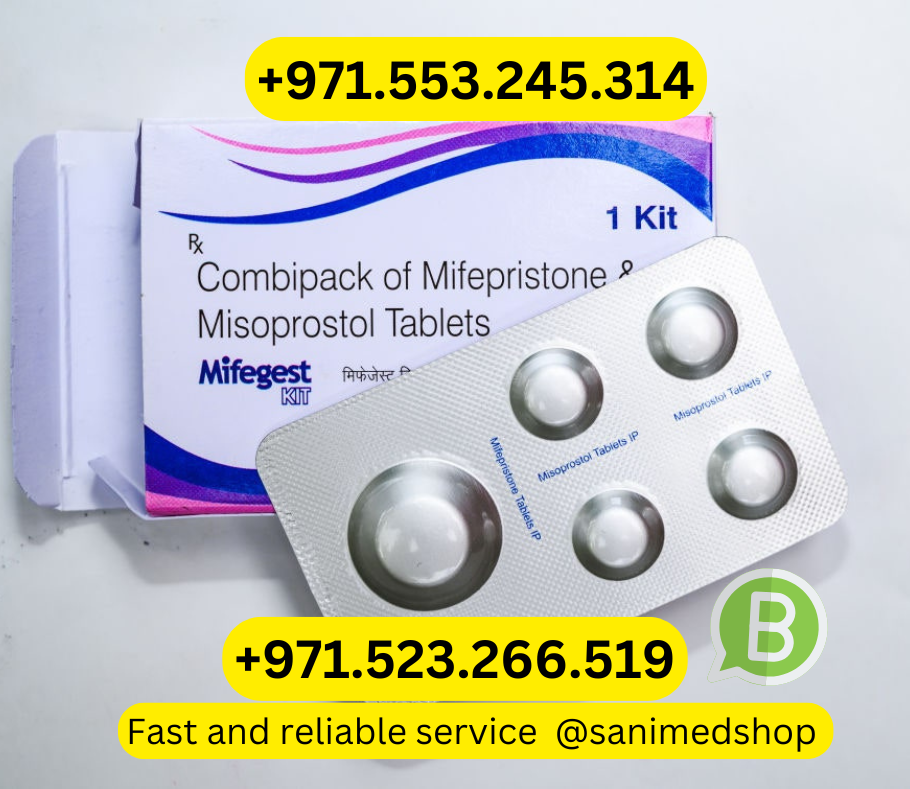



What Are Your Pregnancy Options? +971 55 324 5314
If you are pregnant and unsure about continuing, your main options include:
Parenting
Adoption or guardianship
Abortion (medical or surgical)
Each option comes with its own set of considerations, support systems, and potential challenges.
Choosing to parent means accepting responsibility for a child’s physical, emotional, and financial care. Many support programs exist for people who choose parenting, such as financial assistance, healthcare programs, and counseling.
Parenting can offer personal fulfillment but requires significant emotional and financial investment. For those considering this route, prenatal care is crucial for the health of both parent and child.
Adoption involves legally transferring parental rights to another person or family, either through private or agency adoption.
Open Adoption: Birth parents may stay in contact with the child and adoptive family.
Closed Adoption: There is no contact or identifying information shared.
Guardianship: A relative/friend takes care of the child, but parental rights can remain with the birth parent.
Adoption agencies and counselors can help navigate emotional, legal, and financial concerns, providing guidance throughout the process.
Adoption might be chosen if parenting isn’t possible, but terminating the pregnancy isn’t wanted. Legal processes vary by location, but support is widely available.
Abortion refers to ending a pregnancy through medical or surgical procedures. Laws and access can differ significantly by region. Both physical and emotional care are critical in the decision process.
Medical Abortion (Using Pills): Medication is used to terminate the pregnancy, usually within the first trimester (up to 10 weeks gestation).
Surgical Abortion: Performed in clinics or hospitals, generally available for pregnancies beyond the medical abortion cut-off (up to 24 weeks or beyond, depending on legal limits).
A medical abortion involves prescribed pills, typically mifepristone followed by misoprostol. This method is used in the earliest weeks of pregnancy and is considered safe and effective when overseen by healthcare providers.
Effectiveness: Over 95% success within the first 7-9 weeks.
Process: Usually involves two medications taken hours or days apart.
Recovery: Most people resume normal activities within a few days.
Surgical procedures are required for pregnancies further along or when medical abortion isn’t viable. Methods vary by gestational age:
Aspiration (Vacuum) abortion: Used up to 16 weeks.
Dilation and evacuation (D&E): Used for later stages.
Procedures are safe when carried out by skilled medical professionals and in regulated facilities.
Abortion laws can impact availability, waiting times, and parental or partner consent requirements. Support and counseling are usually available, and reputable clinics prioritize client confidentiality.
Each country and state has unique regulations regarding abortion. These can influence timelines, provider choices, and costs.
If in doubt, contact a reproductive health provider for the most current information.
It’s crucial to rely on medically-verified information to avoid confusion or distress. The most common misconceptions include:
Abortion causes infertility: There is no evidence that safe abortions cause long-term fertility issues.
Abortion is always dangerous: Legal abortions performed by licensed providers are among the safest medical procedures.
Abortion is illegal everywhere: Many nations have legal abortion up to certain gestational limits, but laws vary widely.
For more, see WHO’s myth-busting guide.
Costs depend on the procedure, gestational age, location, and insurance coverage. Many clinics provide confidential financial counseling and payment plans.
Medical abortion (early): $400–$800 in the U.S.
Surgical abortion: $500–$3,000, higher for later pregnancies
Financial assistance is available in some regions:
Any pregnancy decision involves health risks and benefits. For abortions, risks are low when performed according to guidelines. General side effects may include mild pain, bleeding, or emotional distress.
Seek medical attention for:
Excessive bleeding
Severe pain beyond typical cramping
Signs of infection (fever, chills)
Aftercare is important to ensure recovery and emotional wellbeing.
Reproductive health providers are required by law to protect your medical privacy. Many organizations offer anonymous counseling and support.
Deciding to continue or terminate a pregnancy can have lasting emotional effects. Many find counseling helpful before and after making a decision.
Support groups, therapy, and peer counseling are available in most communities.
If you need time or perspective, consider reaching out to the following:
Licensed therapists
Pregnancy resource centers
Legal advisors
Faith-based counseling (if desired)
These resources can provide clarity and experienced advice, regardless of chosen path.
It is essential to base your decision on accurate information and your own circumstances. Consult with medical professionals and counselors before finalizing your choice.
Book an appointment with a healthcare provider specializing in reproductive medicine.
Review all available options and resources.
Consider speaking to a counselor or trusted advisor.
For unbiased, evidence-based guidance, turn to organizations like: zahrahealthcare.com
These provide comprehensive information about pregnancy, abortion, adoption, and sexual health.
Abortions performed by licensed professionals using approved methods are medically safe and effective.
Time is a crucial factor, as options for abortion depend on gestational age and local laws.
Yes, providers are bound by privacy laws and confidentiality agreements.
There are national and regional support groups, hotlines, and therapy services available for people experiencing emotional distress following a pregnancy decision.
Understanding your options for ending a pregnancy allows you to make choices that align with your health, values, and circumstances. Whether you pursue abortion, adoption, or parenting, medically accurate information and compassionate support are available at every stage. Always seek professional help and trusted resources before making a decision.
For more information, visit:
If you are making a pregnancy decision, take time to reflect, seek help, and remember that you have multiple safe, legal, and supportive options. Each journey is unique, and professional guidance is essential to protecting your health and wellbeing.
Price : 200 K.D
Category : NEW
Location : Hawalli
Name : Saiid
Phone :
Al Ahmadi
Hawalli
Al Ahmadi
Al Fahahil